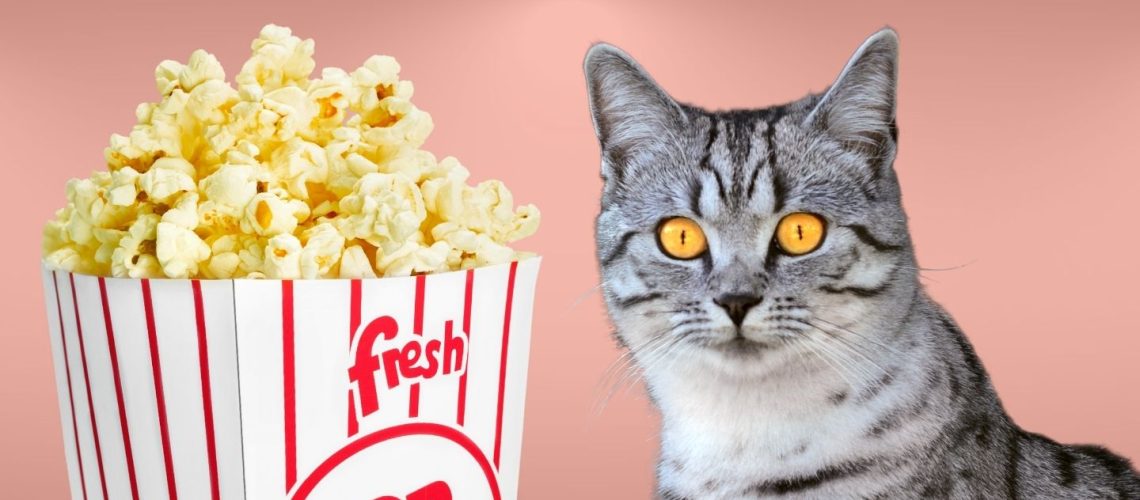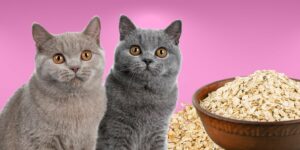Cats are often intrigued by the smell and texture of human food, including popular snacks like popcorn. However, it's essential to understand their dietary needs and the risks associated with feeding your cat inappropriate foods. In this comprehensive article, we will discuss why cats should not eat popcorn, the potential health risks, safe alternatives, and answer commonly asked questions on this topic.
The Carnivorous Nature of Cats
Cats are obligate carnivores – they rely on a protein-rich diet, primarily from animal sources, to meet their nutritional needs. Popcorn, which is a whole grain, lacks the essential nutrients required by cats, such as taurine, an amino acid crucial for their heart and eye health.
Feeding your cat inappropriate food, like popcorn, can lead to malnutrition and increased risk of health issues down the road.
Health Risks Associated with Cats Eating Popcorn
Popcorn can pose various health risks for cats, including:
The high salt and fat content in popcorn
Cats have a low tolerance for salt and fat. Consuming high amounts can result in an upset stomach, vomiting, diarrhea, or even more severe health issues.
The potential for allergic reactions
Although uncommon, some cats may have an allergic reaction to corn or other ingredients in flavored popcorn.
The risk of dental problems from chewing on kernels
Dental problems can arise from cats chewing on hard popcorn kernels, which can damage their teeth.
The Dangers of Unpopped Kernels
Aside from the health risks mentioned above, unpopped kernels pose additional threats to your cat's health:
Choking hazards for cats
Unpopped kernels are hard and may get stuck in your cat's throat, causing choking and difficulty breathing.
The possibility of intestinal blockages
Consuming large amounts of popcorn can cause kernels to accumulate in your cat's stomach or intestines, leading to severe blockages and possibly requiring surgery.
The risks of popcorn additives, such as artificial flavorings and preservatives
Flavored popcorn often contains artificial additives that are not suitable for cats and may result in adverse health effects.
The Benefits of Cat-Specific Treats
Instead of popcorn, opt for cat-specific treats that are nutritious and safely formulated for feline consumption. These treats should provide essential nutrients, be given in moderation, and come in various options to suit your cat's preferences.
Tips for Feeding Your Cat Treats Safely
To ensure that your cat enjoys their treats without any health issues, follow these recommendations:
Introducing new treats gradually
Slowly introduce any new treats to your cat's diet to prevent tummy upset and allow them time to adjust.
Monitoring your cat's reaction to new treats
Observe your cat for any adverse reactions, such as vomiting or diarrhea, when introducing a new treat.
Consulting with your veterinarian for recommendations
Ask your veterinarian for advice on suitable treat options and portion sizes for your cat's specific needs.
Alternatives to Popcorn for Cats
Consider these safe alternatives to popcorn for your cat:
Homemade treats using cat-friendly ingredients
Experiment with making your own cat treats using safe, healthy ingredients, such as lean meats and cat-safe vegetables.
Commercially available, high-quality cat treats
Opt for high-quality, nutritious, and well-formulated cat treats from reputable pet food manufacturers.
Occasional human food treats safe for cats
Some human foods, like small pieces of cooked lean meats, can be offered as occasional treats, with your veterinarian's approval.
Frequently Asked Questions
Can cats eat flavored popcorn?
No, cats should not eat flavored popcorn as it often contains high levels of salt, sugar, and artificial additives that can be harmful to cats.
What other human foods should cats avoid?
Cats should avoid chocolate, caffeine, onions, garlic, grapes, raisins, and alcohol, among other toxic substances.
Are there any health benefits to feeding cats popcorn?
There are no health benefits to feeding cats popcorn, as it lacks the necessary nutrients required for their overall health.
Final Thoughts
Understanding your cat's dietary needs is crucial to ensuring their long-term health and happiness. Feeding cats inappropriate food like popcorn can lead to severe health risks and complications. Provide your cat with nutritious and safe treats specifically designed for cats, following recommended portion sizes and consulting your veterinarian for guidance.




